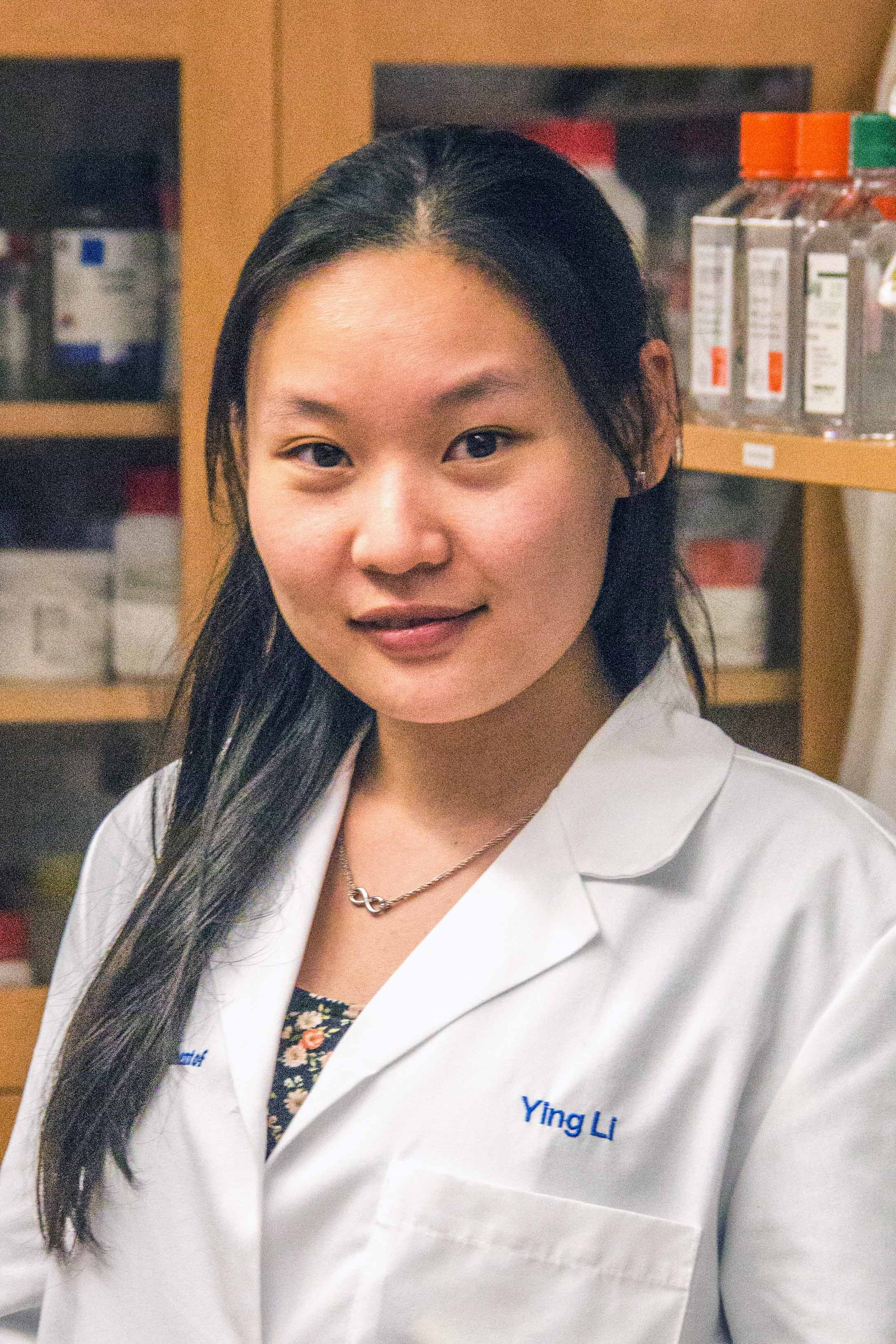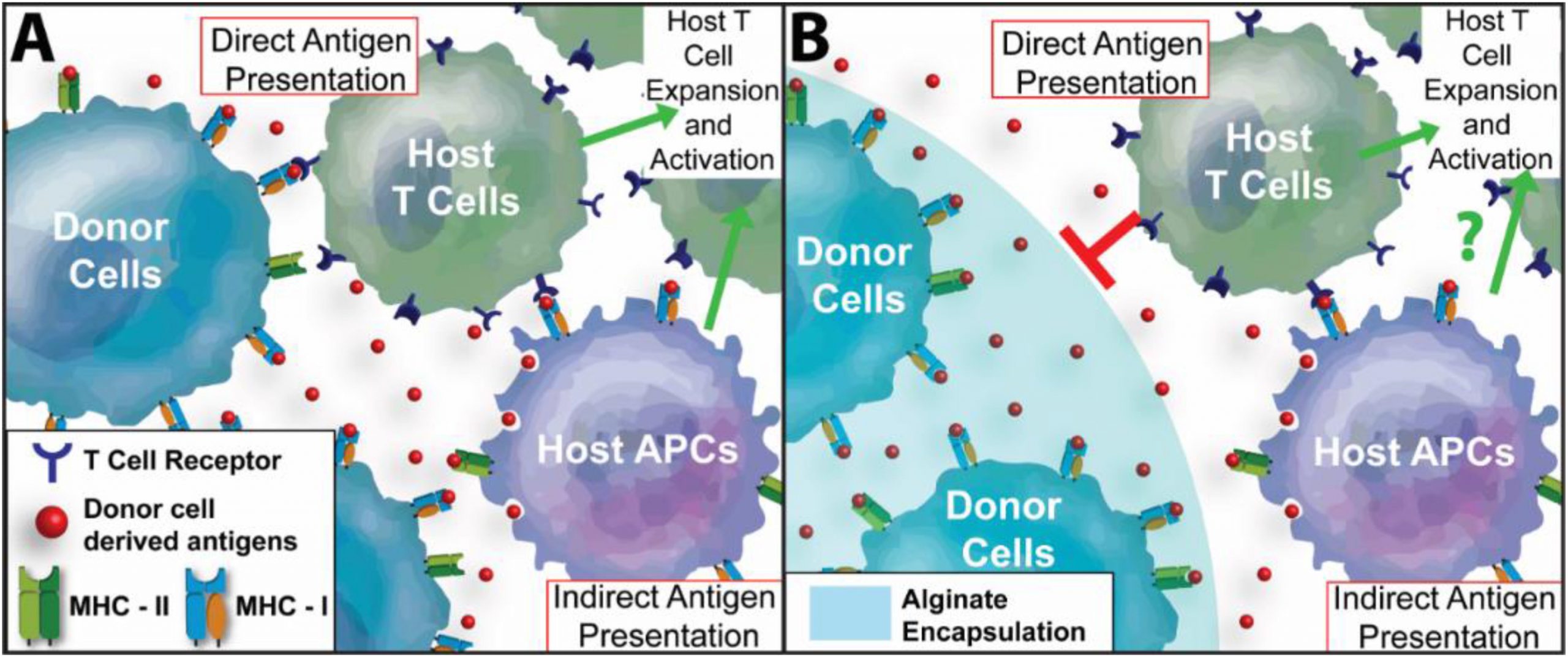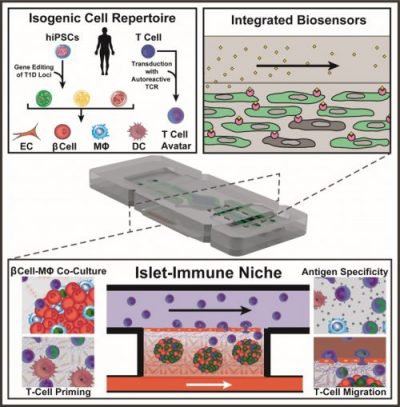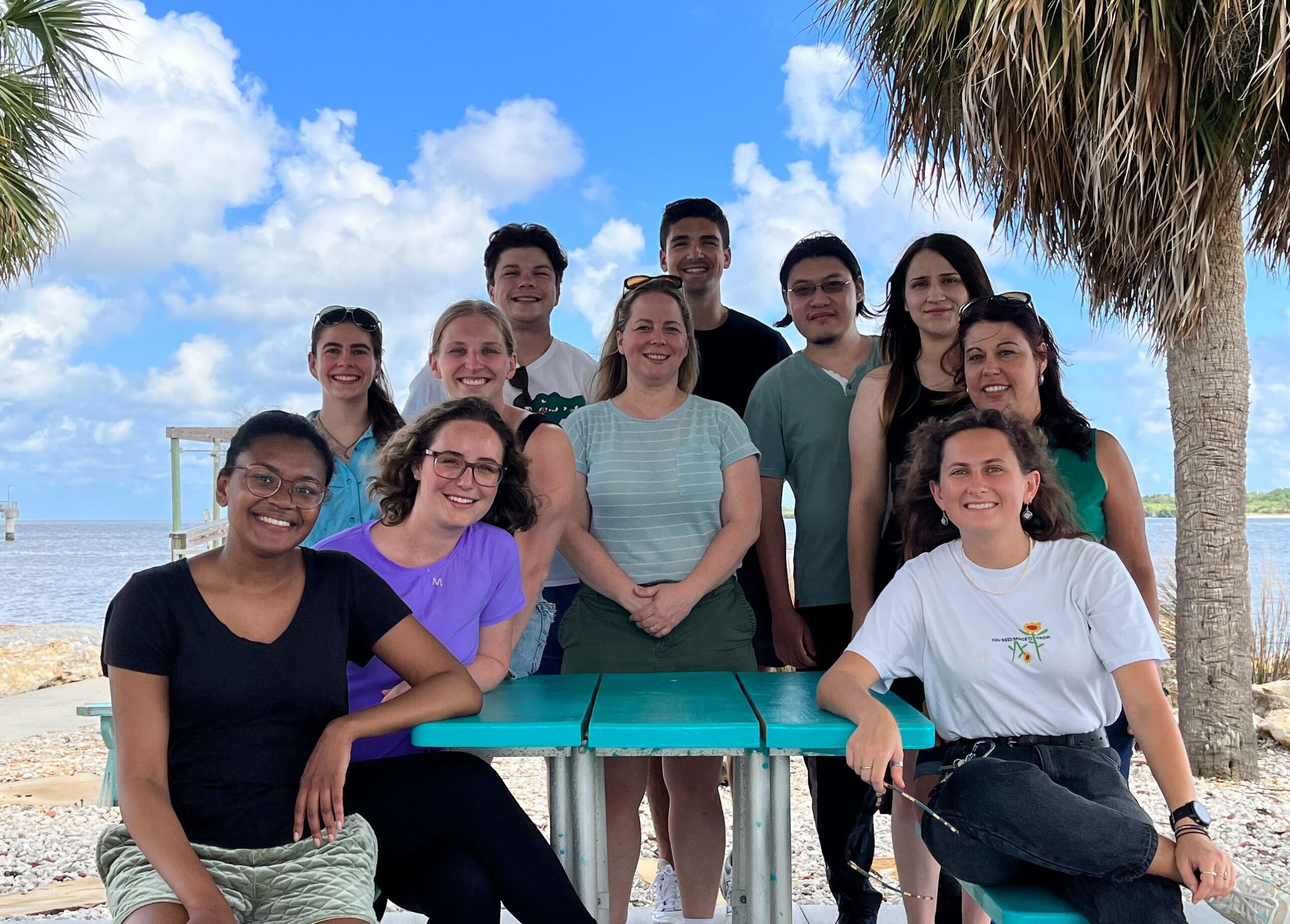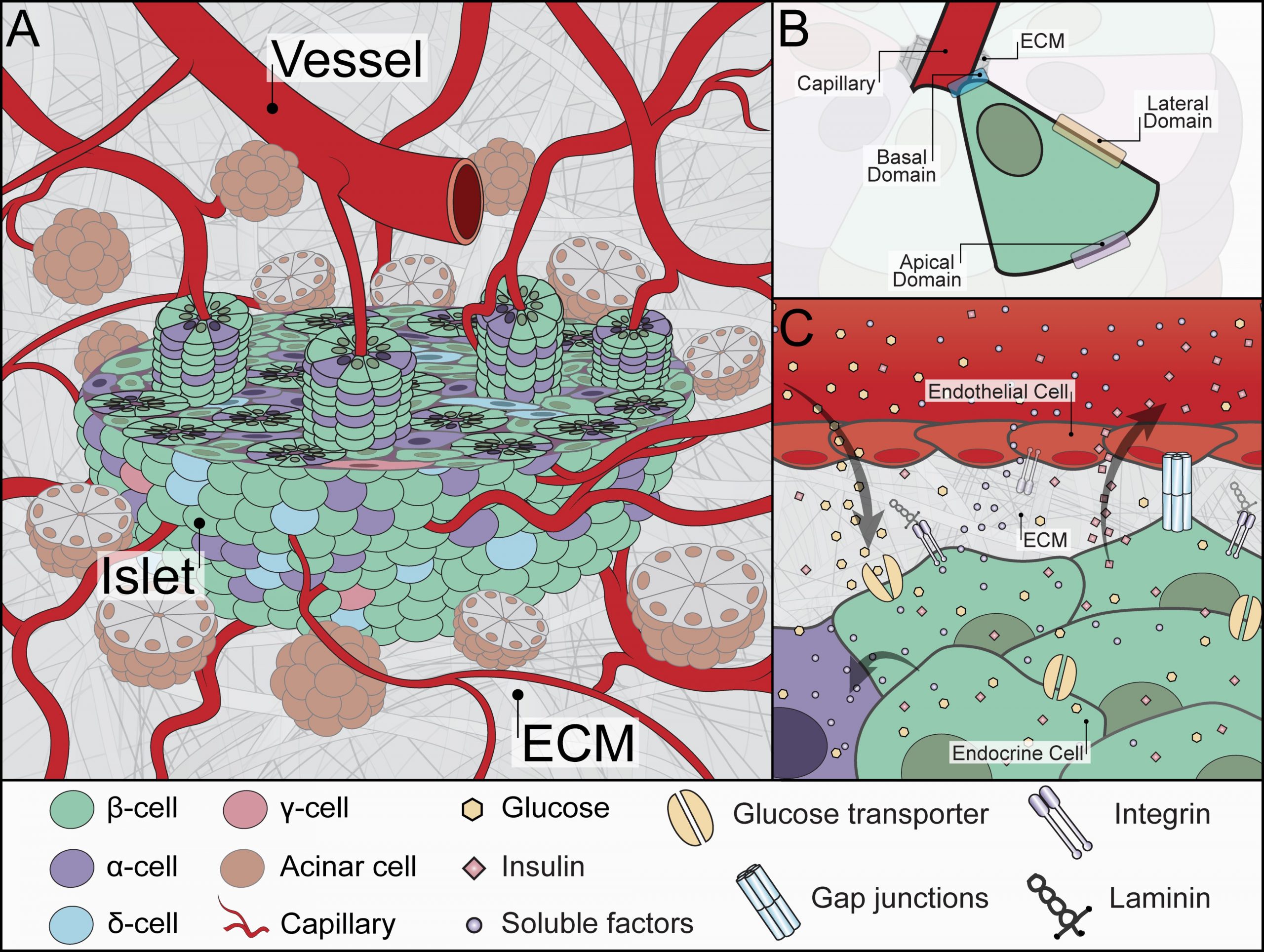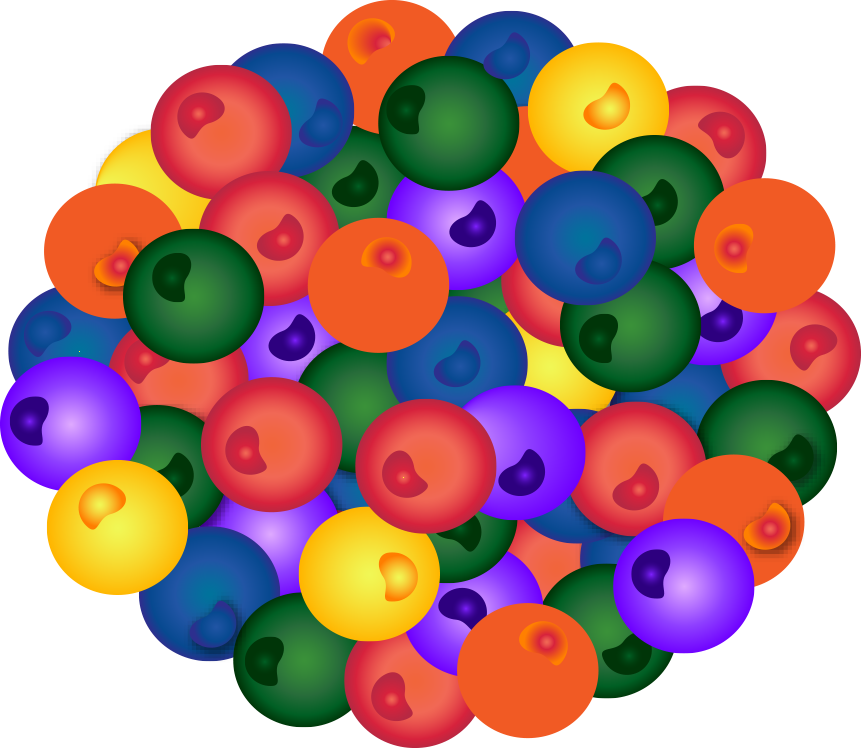Stabler Diabetes Tissue Engineering Laboratory at the University of Florida
The Stabler Diabetes Tissue Engineering Laboratory is distinguished by its integration of engineering, biomaterials, and cellular therapy in a highly translational manner.
Stabler Diabetes Tissue Engineering Laboratory at the University of Florida
The Stabler Diabetes Tissue Engineering Laboratory is distinguished by its integration of engineering, biomaterials, and cellular therapy in a highly translational manner.
Stabler Diabetes Tissue Engineering Laboratory at the University of Florida
The Stabler Diabetes Tissue Engineering Laboratory is distinguished by its integration of engineering, biomaterials, and cellular therapy in a highly translational manner.
Latest News
New publication on immune recognition of encapsulated cells published in Biomaterials!
Congrats Jiapu Liang!
Our Research
The primary focus of the research within the Diabetes Tissue Engineering laboratory is to develop engineering platforms for improving cellular therapies, with a focus on treating Type 1 Diabetes.
Publications
Our work spans across numerous disciplines from engineering and materials to immunology and cellular transplantation.
Laboratory Values
The Stabler Diabetes Tissue Engineering Laboratory values diversity and inclusion in all areas, as well as the ethical conduct of research and upholding the standards of rigor, reproducibility, and transparency.
About Us
Our laboratory is housed within the J Crayton Pruitt Family Department of Biomedical Engineering and affiliated with the UF Diabetes Institute at the University of Florida. Research topics within the laboratory are diverse in the generation of functional materials, but highly focused on translational research in the field of diabetes. Our laboratory philosophy is one that seeks to build strong interdisciplinary collaborations to integrate biological cues and signals with rationally designed biomaterials. Through this integration, novel platforms can be developed that not only serve to provide the basic framework to the tissue, but to also dynamically interact and instruct the surrounding host cells and environment on how to respond to the implant. In such a manner, superior implants may be developed that provide elegant and localized control of the implant microenvironment.
Interested in Joining Our Lab?
Click Here
©2021 Stabler

